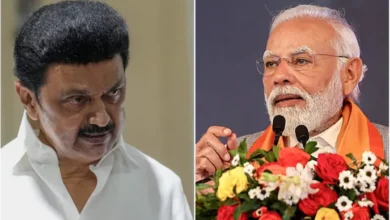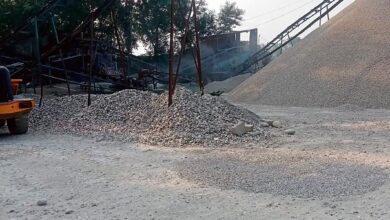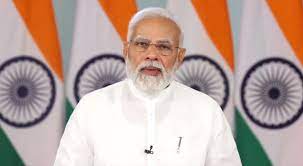Check the details of the Delhi Traffic Advisory for the 2024 Lok Sabha Election Training Program
Delhi: A training session for officials participating in the Lok Sabha Elections of 2024 is scheduled to take place at Delhi Technological University (DTU) in Shahbad Daulatpur on April 28. As a consequence, from 7:00 AM to 7:00 PM on the same day, there will be some traffic restrictions in the vicinity.

The Delhi Traffic Police have released the following advice to provide seamless traffic control and uninterrupted passenger travel:
In order to go to DTU/S.P. Badli metro, commuters coming from the S.B. Dairy side are recommended to turn right at the St. Xavier red light and travel via K.N. Katju Marg.
To reach K.N. Katju Marg., travelers heading from S.P. Badli Metro/Sec. 18 & 19, Rohini sides, need to turn left at Sec. 16 Rohini. After there, they may turn around and go in the other direction on K.N. Katju Marg.
Furthermore, trainees participating in the program are advised to park their cars at Swarn Jayanti Park in Sector 10 Rohini and use the Park and Ride service to Delhi Technological University.
The advice seeks to minimize delays and promote smooth traffic flow during the training session. To prevent disruption, Delhi Traffic Police advise commuters to make travel plans ahead of time and use the designated routes.
When Will Elections for the Lok Sabha Be Held in Delhi?
On May 25, Phase 6 voting will take place in Delhi for all seven Lok Sabha seats. The notice will be sent out on April 29. Nominations must be submitted by May 6 and withdrawals must be made by May 9.
Chandni Chowk, North East Delhi, East Delhi, New Delhi, North West Delhi, West Delhi, and South Delhi are the seven seats in Delhi that are up for grabs. With 24.93 lakh voters, West Delhi has the highest, followed by North West Delhi with 24.76 lakh. With 14.83 lakh votes, New Delhi is the smallest seat.
June 4 is the day of vote counting for the Lok Sabha Elections of 2024. 13,637 polling places are available, and around 1.5 crore individuals are entitled to cast ballots, including approximately 1200 third-gender voters, 67 lakh female voters, and 80 lakh male voters. These voters will choose their Members of Parliament (MPs).







